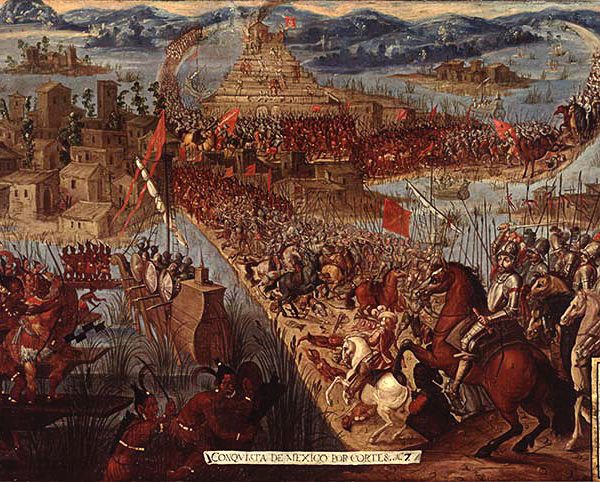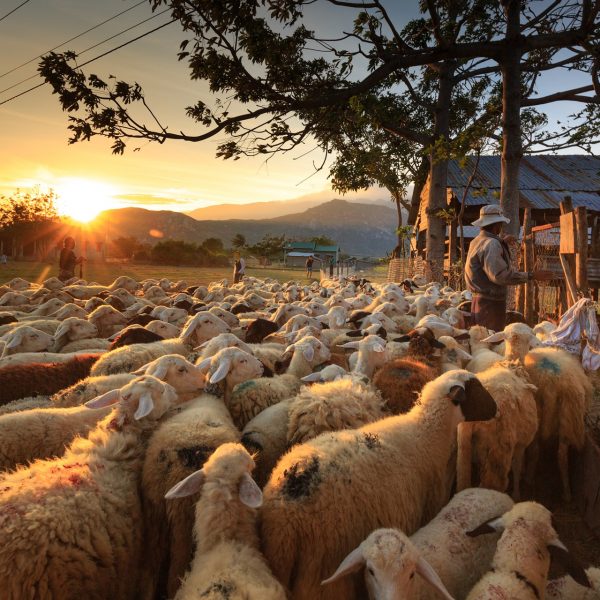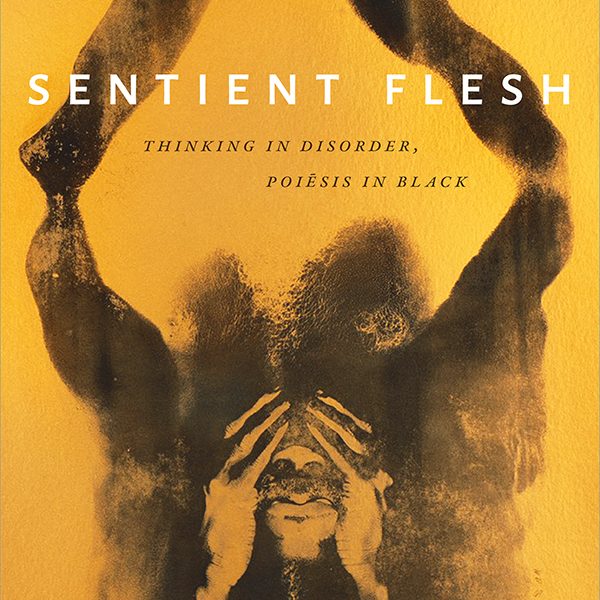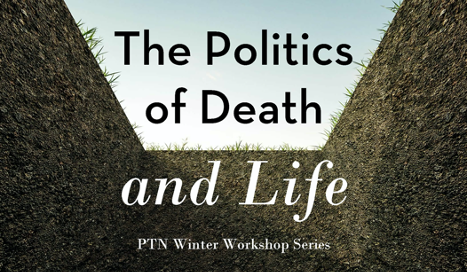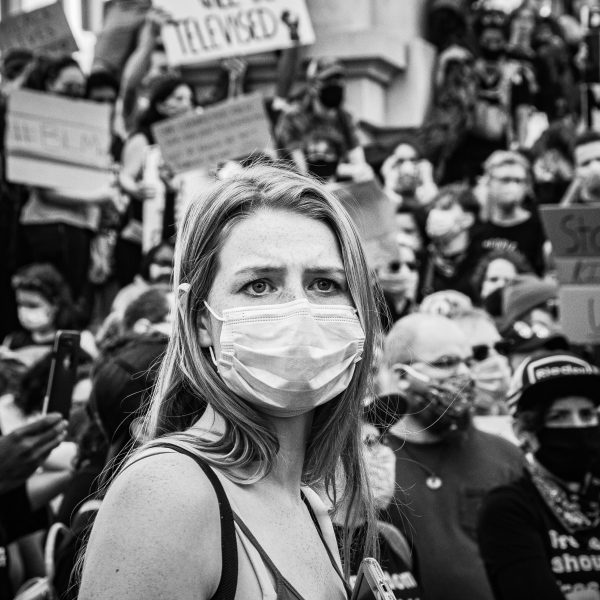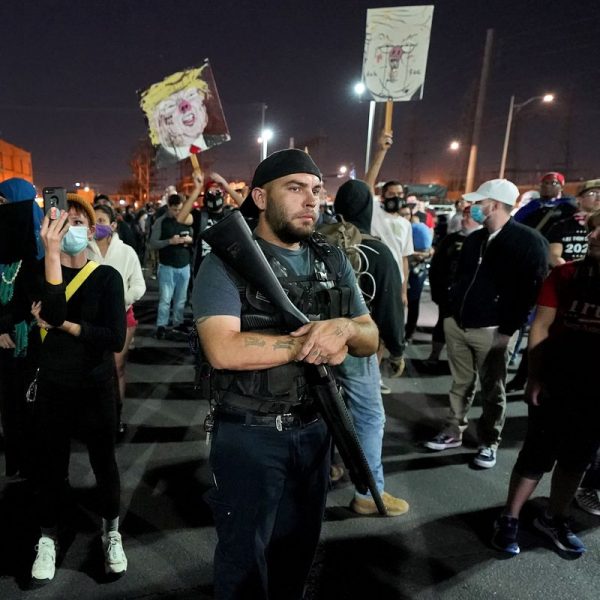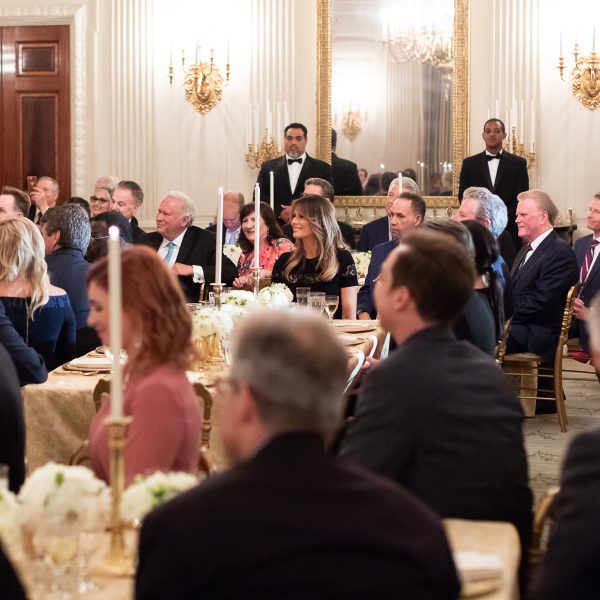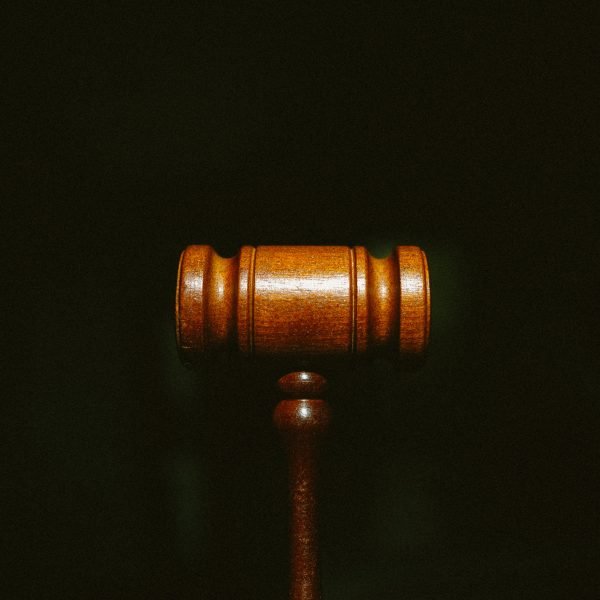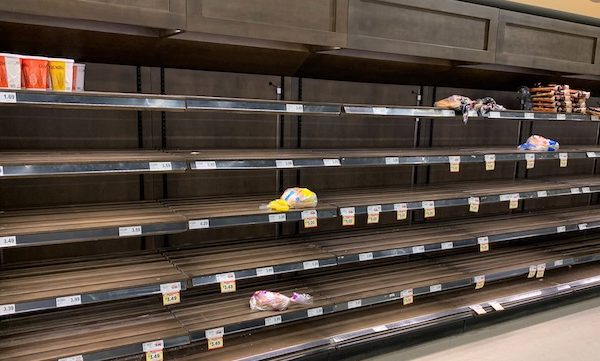
In the midst of a pandemic, can these Advent texts speak to our grief, both collective and personal, in political ways? These scriptures reveal that to grieve is to bear witness to our tears through righteous anger. They interrogate how our lives are structured along inequitable lines in this present moment and counter a simple return to how things were.
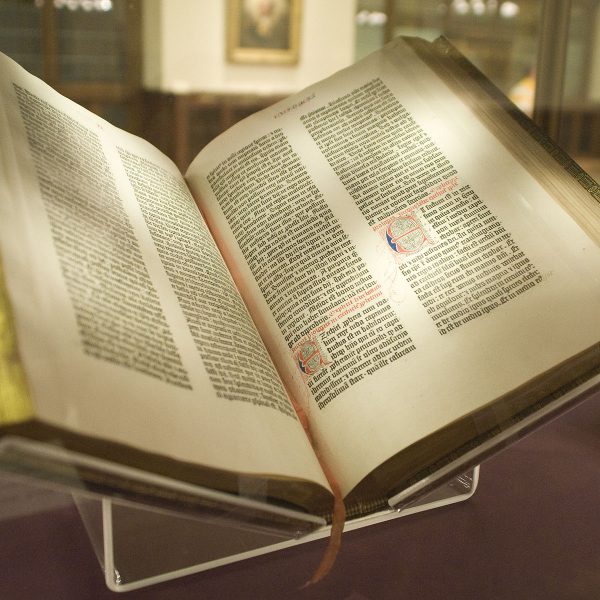
Because whiteness lies at the center of biblical studies, the accepted way of doing biblical scholarship is one that engages white questions, white concerns. The system forces scholars of color, especially those who receive their doctoral trainings in the western educational system, to be familiar with white scholarship.
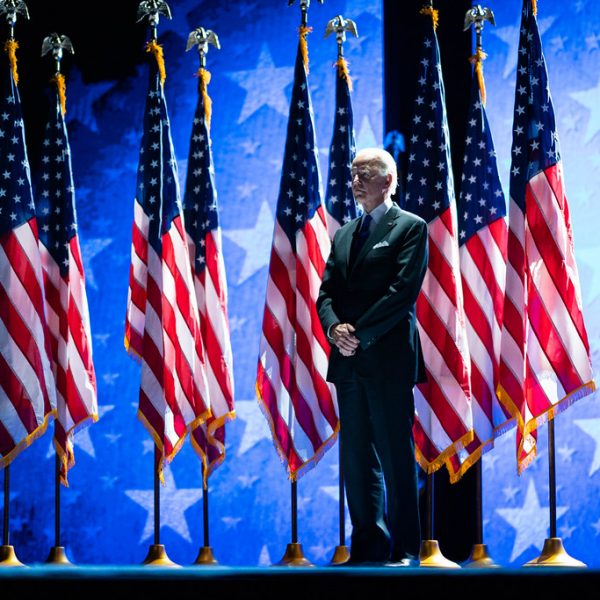
On Tuesday, we perhaps must break the commandment to feed the hungry, heal the sick, welcome the stranger, free the prisoner – to love “the least of these” as if they were God incarnate.
